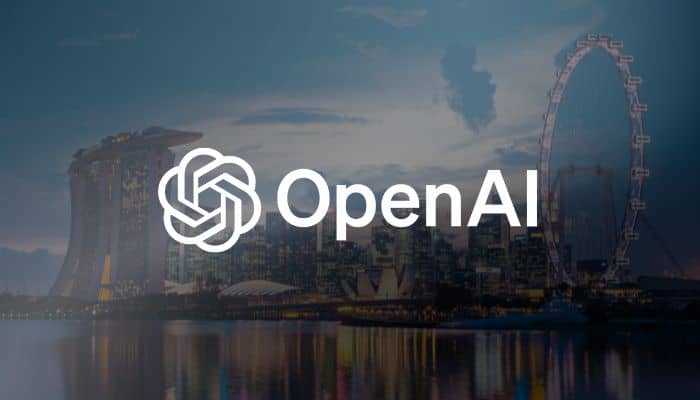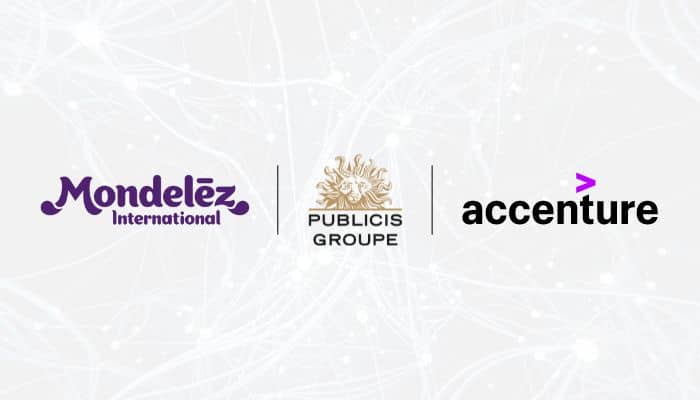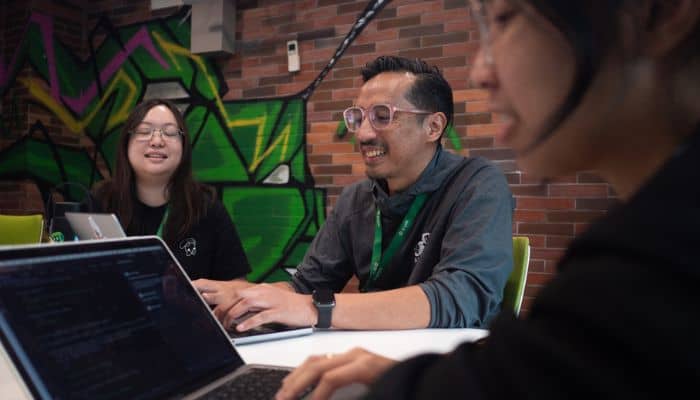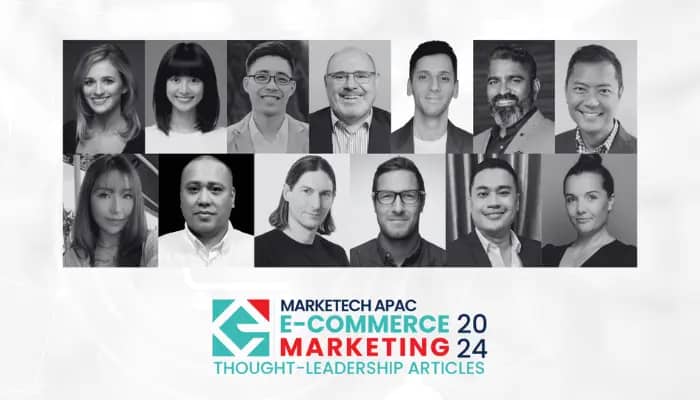The outlook for e-commerce marketing strategies is more dynamic and complex than ever, as digital transformation accelerates and consumer behaviours continue to evolve. As marketing leaders, it’s crucial to recognise the shift from traditional, one-size-fits-all approaches to more personalised, data-driven strategies.
The rise of artificial intelligence and machine learning enables businesses to analyse consumer data at unprecedented depths, offering insights that drive more targeted marketing efforts. Moreover, the increasing importance of mobile shopping and social media integration requires marketers to adopt a multi-channel approach, ensuring a seamless and engaging customer experience across all touchpoints.
Looking ahead, marketing leaders must prepare for a landscape where agility and adaptability are key. The growing demand for sustainable and socially responsible business practices also impacts e-commerce strategies, pushing brands to align their marketing messages with these values.
As part of our E-Commerce Marketing 2024 series, we invited industry leaders to share their insights and advice on how to traverse the ever-evolving landscape of e-commerce marketing. From improving customer experience, hyper-personalisation, social commerce to influencer marketing, these are the insights various industry marketing leaders have shared to push forward the e-commerce marketing scene further into 2024 and beyond.
Check out the line-up of published insights by marketing leaders under the series:
For our first byline under this series, Eleanor O’Dwyer-Duggan, CX solution strategist for Southeast Asia at Qualtrics shares her insights on why delivering a superior CX is one of the most impactful, sustainable, and efficient ways to achieve greater business impact in challenging market environments. Learn more about her insights here.
To succeed in the world of digital commerce, Annie Yao, head of growth and market intelligence at Flywheel offers up advice of having a winning recipe that requires a data-driven approach, operational efficiency and the seamless integration of omni-channel strategies. Check out her piece here.
Brick-and-mortar stores and online versions are continuously growing in APAC–but how can brands create a seamless integration between the two? For Keith Ho, strategy lead at NP Digital Malaysia, the answer lies on finding the right model that fits both the needs and interests of a brand’s target demographic and meets them at their convenience. Check out his byline here.
Speaking of seamless commerce, Anson Bailey, head of consumer & retail at KPMG APAC notes in his piece that a seamless online-offline customer experience has now become a baseline expectation. Only by excelling in this domain can retailers expect to lead the market.
When it comes to retail media spend for brands, Sebastian Diaz, head of media innovation at Bench Media explains that marketers recognise the need to provide a personalised shopping experience and retailers are increasingly monetising access to ad spending across their websites and in-store activity. Check out his piece here.
In this piece by Vikram Kharvi, CEO at Bloomingdale Public Relations, he explains that AI-driven hyper-personalisation in e-commerce marketing offers numerous benefits, but it’s essential to address the concerns it raises and find a middle ground that satisfies both the business and its customers. Learn more about it here.
Speaking of AI-driven solutions, David Ko, managing director at Ruder Finn Interactive Asia (Ruder Finn Asia) notes that by embracing transparent and responsible AI practices, companies can unlock the full potential of personalised marketing while building and maintaining the trust of their customers. More of this here.
Ynes Nar, head of account, marketing strategy & client servicing at Tomato Interactive Singapore (BlueFocus company) focuses her piece on the fact that as this new era of social commerce unfolds, those who understand and harness its potential will not just survive but also lead the way in this new era of social commerce–thanks to KOLs who support their campaigns.
The future of e-commerce marketing–according to Francis Dy, head of innovation at Wavemaker Philippines–is set to be defined by an intricate blend of advanced technology, personalisation, and a commitment to sustainability, all while maintaining a human-centric approach. Learn more about this outlook here.
For Glenn Gore, chief executive officer at Affinidi, as the latest technology trends diving into how consumers’ lives continue to merge with the digital realm, personalised experiences are beginning to see even stronger demand. Check out his piece here.
Should marketers channel more resources into attracting the right audience, or should they optimise their websites to convert visitors into customers? In this piece by Sebastian Klett, general manager at Balance, he explains that brands must evaluate current strategies, make the necessary adjustments, and ensure that every step of the digital experience guides their audience toward becoming loyal customers.
APAC is witnessing a significant shift in consumer behaviour, with the rise of direct-to-consumer (DTC) brands becoming a major disruptor in the retail landscape. To ride this growing trend, Kevin Daniel Kuntoro, regional commerce head at Summer International explains that to ride this success, this depends on their ability to adapt to changing consumer behaviours; prioritise key trends and insights; utilise social media and influencer marketing to build trust. Check out his piece here.
In this last–but not least–piece of this series, Sorrel Kesby, head of global commercial operations at GumGum explains that capitalising on the e-commerce boom of recent years calls for a strategy that meets customers in the right place and in the right mindset.
As we move into 2024 and beyond, the outlook for e-commerce marketing strategies is both exciting and dynamic. Businesses will need to adapt to rapid technological advancements, such as AI-driven personalisation, voice search optimisation, and augmented reality, to create more immersive and tailored shopping experiences. The emphasis on data privacy and ethical marketing practices will also grow, as consumers demand greater brand transparency and trust.
Additionally, leveraging social commerce and influencer partnerships will continue to play a crucial role in driving engagement and sales. Overall, successful e-commerce strategies will be those that blend innovation with a deep understanding of consumer behaviour, ensuring brands remain agile and relevant in a constantly evolving digital landscape.










